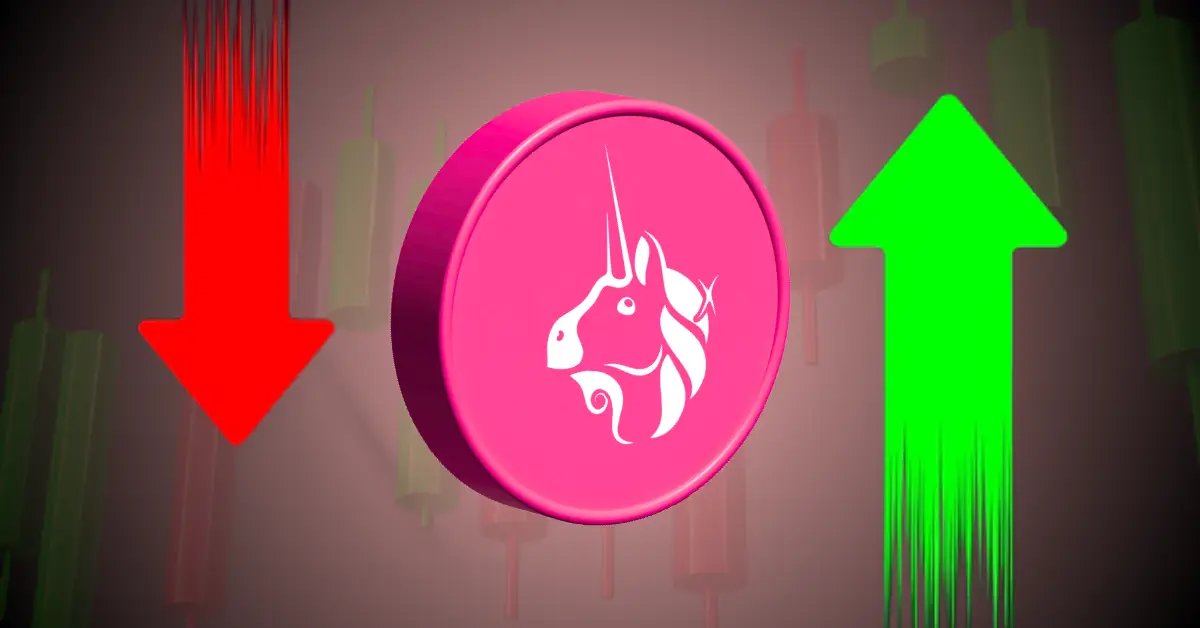Navigating the Bancor vs. Uniswap Patent Infringement Showdown: A Critical Moment for DeFi Innovation
Decentralized finance (DeFi) thrives on innovation, openness, and rapid iteration, but the emerging patent infringement lawsuit filed by Bancor against Uniswap has stirred the waters of this vibrant ecosystem. This legal conflict over foundational decentralized exchange (DEX) technology is poised to reshape how intellectual property is perceived and enforced in blockchain, potentially influencing not only the involved parties but the entire DeFi landscape. Exploring this dispute reveals the complex interplay between innovation, proprietary rights, and collaboration within an open-source community.
The Origins of the Dispute: Bancor’s Patent and Its Significance
Bancor stands as one of the pioneers of decentralized exchanges by introducing an automated market maker (AMM) mechanism powered by smart contracts, enabling token swaps without intermediaries. Central to Bancor’s claim is a patent filed in early 2017 that covers specific smart contract architectures facilitating these automated trades.
This patent is not merely a contract blueprint but underpins Bancor’s core business model, particularly its use of its native token (BNT) in liquidity pools. These pools fund impermanent loss protection and capture fees that sustain the network, embodying the essence of Bancor’s technical innovation. The Bprotocol Foundation alongside LocalCoin Ltd., Bancor’s original developer, contend that Uniswap Labs has incorporated these patented concepts without authorization, challenging the open-access ethos of DeFi.
Bancor’s Allegations: Unauthorized Adoption and Commercial Gains
The formal complaint filed in May 2025 in New York highlights Bancor’s assertion that Uniswap has leveraged Bancor’s patented smart contract designs to power its decentralized exchange infrastructure. At the core, Bancor accuses Uniswap of deploying essential AMM algorithms that enable on-chain liquidity provision and token swaps, technologies Bancor argues it legally owns.
Financially, Bancor underscores the profits Uniswap has amassed by adopting these mechanisms without licensing agreements, framing this as an infringement that undermines not just Bancor’s intellectual property but the commercial integrity of the ecosystem. By labeling the disputed technology as “foundational,” Bancor emphasizes its critical role in enabling the direct peer-to-peer market operations characteristic of DeFi.
Rippling Effects on the Wider DeFi Ecosystem
Should Bancor succeed, the implications could be seismic for the U.S.-based DeFi sector. Many decentralized exchanges and protocols use similar AMM models or derivatives thereof, often built on open-source foundations where innovation flows freely. This case highlights the murky boundary between shared technological progress and proprietary patents.
A ruling favoring Bancor could trigger mandatory licensing, or force protocol redesigns to steer clear of patent infringement. Such outcomes might slow innovation, impose new compliance costs, or redefine the collaborative landscape—possibly restricting the once fluid exchange of ideas. Conversely, it might also introduce clarity that fosters respect for intellectual property, encouraging formal partnerships and structured innovation.
Uniswap’s Likely Defense: Innovation Within Distinction
Uniswap Labs is expected to rigorously dispute Bancor’s claims, emphasizing technical distinctions between their respective AMM implementations. Over four major protocol versions, Uniswap has introduced design differences and enhancements in liquidity pools, swap mechanics, and fee structures, arguing these separate them materially from Bancor’s patented technology.
Beyond technicalities, Uniswap’s open-source commitment and robust community engagement offer strategic advantages. Their experience navigating regulatory scrutiny, including confrontations with bodies like the SEC, further equips them to mount a strong legal defense. This resilience in both regulatory and innovation arenas may prove crucial in countering the patent infringement allegations.
Contextualizing the Legal Battle Amid DeFi’s Evolution
The ongoing patent lawsuit intersects with broader regulatory and operational shifts. Bancor recently saw several legal challenges, including a securities lawsuit dismissed in Texas, signaling complex regulatory terrain that affects DeFi projects differently. Simultaneously, Bancor itself has adjusted its protocol offerings—for example, pausing impermanent loss protections—reflecting evolving risk management and economic realities.
The lawsuit could influence not only legal precedents but also operational strategies and investor confidence across DeFi platforms, highlighting the intertwined nature of litigation, product evolution, and market dynamics in this nascent sector.
Balancing Innovation, Proprietary Rights, and Open Collaboration
This case crystallizes a fundamental tension in DeFi: how to honor and protect intellectual property without undermining the free, permissionless innovation that fuels blockchain’s rapid growth. Patents incentivize development but risk imposing barriers in a community where transparency and shared progress are core values.
The outcome of Bancor versus Uniswap may usher in a new paradigm. It might prompt clearer legal frameworks tailored for blockchain technologies and more nuanced strategies blending proprietary rights with collaborative models. Effective resolutions could foster respect for innovation while preserving the open ethos that has driven DeFi’s transformative impact on finance.
Conclusion: Defining Legal and Innovation Boundaries in DeFi
The Bancor and Uniswap legal confrontation transcends a mere patent dispute—it encapsulates the challenges of anchoring intellectual property concepts in a decentralized and open financial landscape. Its resolution will likely set pivotal precedents, influencing how patents are enforced, how projects negotiate IP rights, and how innovation is nurtured going forward.
As Bancor asserts its claim over pioneering technology and Uniswap defends its evolving, differentiated innovations, the entire DeFi ecosystem watches. This landmark case tests the delicate balance between safeguarding inventions and sustaining an open, boundary-pushing environment—underscoring the evolving intersection of law, technology, and decentralized finance’s future.











